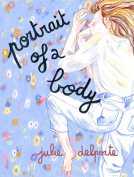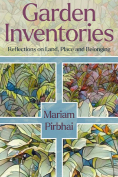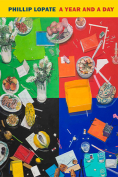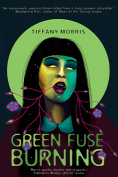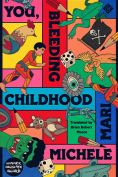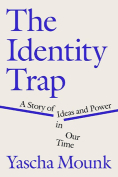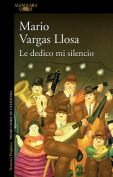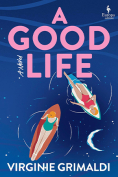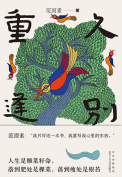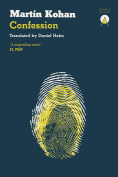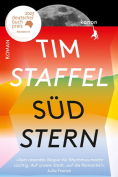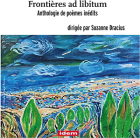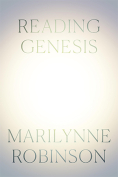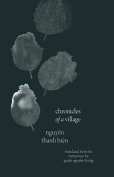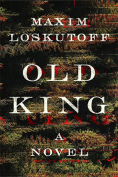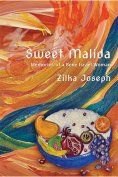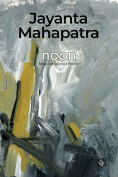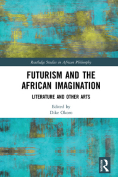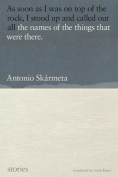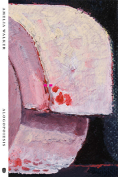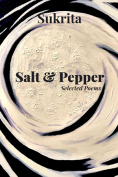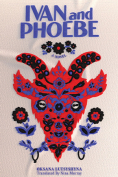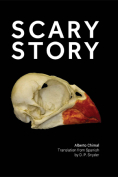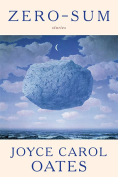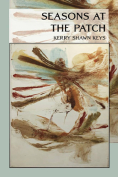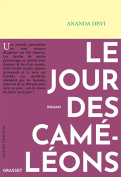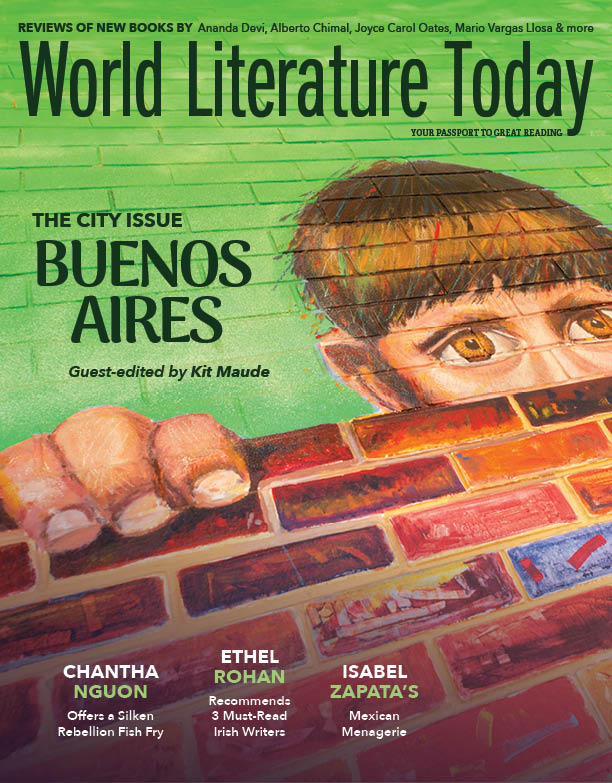Garden Inventories: Reflections on Land, Place and Belonging by Mariam Pirbhai
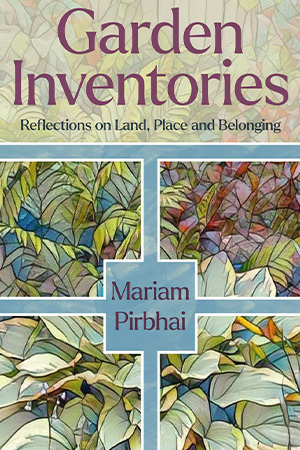 Hamilton, Ontario. Wolsak & Wynn. 2023. 172 pages.
Hamilton, Ontario. Wolsak & Wynn. 2023. 172 pages.
Writer, academic, and painter Mariam Pirbhai presents a unique take on a settlement story in this collection of essays. By exploring the expansive space of the garden, beginning with her backyard in Waterloo, Ontario, the author laments how plants and flowers traverse, thrive, occupy, coexist, or perish. In this autobiographical collection of essays, Pirbhai invites the reader into the domestic and the suburban, examining the makeup of her own garden, and neighborhood, as well as those of homelands and migrant homes she grew up in and encountered through her family’s many moves.
Pirbhai examines her positionality as an immigrant and settler, as a traveler, a postcolonial and migrant subject uprooted from Pakistan and transplanted across the globe: in the UK, Philippines, and the UAE before finally settling in Canada. The author questions her status as an immigrant settler in Canada. The land around us has significance for its Indigenous origins, and as a land altered by settler colonialism through the eradication of much of the native fauna in favor of imperial and specifically British transplants of landscape aestheticism, the garden bears this history in its habitats.
In these essays, Pirbhai takes her research skills and zooms in on her home surroundings, especially when the world slowed down during the Covid-19 pandemic. The author uses her pandemic walks that many of us became accustomed to amid lockdowns and the halt of out-of-home activities to explore the land around her and to find belonging within its nature, which she cultivates in her backyard. As an immigrant to Canada, Pirbhai questions pastoral customs that appear to be quintessentially Canadian, such as cottaging, delving into the history of this pastime that feels so foreign and wasteful to those who did not grow up with the tradition. Beyond her surroundings, Pirbhai reflects on the landscape of the Canadian vista, examining cottage culture, the colonial legacies and wastes of manicured lawns, and the imperial history and supremacy of roses.
Moreover, Pirbhai oscillates between the land that was and the land that is. This categorization guides her reflections throughout the collection: it is the double vision that afflicts migrants settling in new lands, building belonging in new places while carrying the past: “There is so much more than first appears to the migrant still nursing old wounds of rupture from the land that was.” By expanding her garden, Pirbhai is in search of a home. She shares the trials and errors of cultivating a garden, mixing and merging different plants. In an observational and often humorous tone, Pirbhai recalls flowers, trees, and herbs from her youth that had found their way into her garden; she observes the interweaving of plants and weeds, the terrestrial battle between the varying fauna that had immigrated as she had, and stubborn indigenous plants that continue to exist despite continued attempts at eradication. Beautifully, Pirbhai finds a connection between the lands that were and the lands that are in her garden by planting trees like the pawpaw that hold memories for her and her husband, Ronaldo, in Pakistan and Guatemala, respectively.
The collection contributes refreshingly to the discourse on belonging and migration. Postcolonial scholar Pirbhai poses larger questions of belonging in place and on land through the immediate and personal. She employs metaphors of the displacement of plants to her and her husband’s own displacements and migrations that led each of them separately to Canada, together to suburban Waterloo. As they settle and adapt in their residence in a neighborhood unironically called Colonial Acres, Pirbhai reckons with her garden and the landscape around the Grand River watershed. Afflicted with an émigré’s double vision, she always sees other places in the one: “Blessed and cursed to forever see two lands, two rivers, two of everything.”
As a Pakistani woman, Pirbhai is more than familiar with violence and colonialism; with caution and care, she allows the garden to edify her, cataloging and describing everything she sees, and in return she finds belonging and home through the land. These stories of settlement unravel the discomfort of settlement in a land already occupied and taken. How does the displaced immigrant find a settlement in Canada that honors the land and reckons with its colonial history?
Garden Inventories is not a book on gardening, though I am sure the intensive deep dive into flora and fauna conducted by Pirbhai will be pleasurable to those who enjoy gardening. This collection is an endearing and rich collection of essays on the legacies of colonialism, the pangs of the émigré, and the complexities of belonging.
Lara El Mekaui
University of Waterloo
